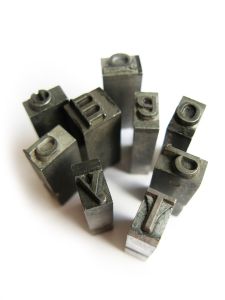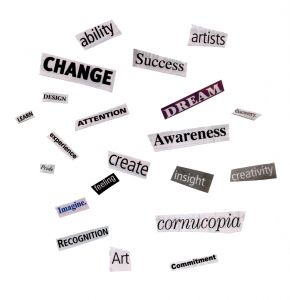Spelling Strategies
Help and Guidance
This spelling strategies section is filled with lots of useful techniques and information. The English language can seem complicated and confusing. This is because the sounds generally match up to the letters in a variety of ways (see Phonic Alphabetic code chart for clarification of this point). Therefore to be a good speller you need to learn how to use your memory more effectively.

The truth about spelling:
Dyslexic people generally have difficulties spelling sound by sound. However there is a lack of emphasis on the important role that memory plays in spelling ability. Being a good speller is about knowing when to sound words out and when to use your memory. Click here for the Truth about How to Spell.
How to spell any word:
This section contains some basic and fundamental spelling strategies. You can use them to make any word more memorable and easier to spell. It is important to realise that there are so many ways of dissecting words to create extra layers of memory. Click here for Spelling Help: How to Spell Any Word.
Vowel lessons:
Again this is about adding extra layers of memory into words. However this time it is about purely focusing on the vowels. Click here for Vowel Lessons: To Help Improve Your Spelling.
The vowels can cause greater confusion due to the variety of ways the letters can represent the sounds. This is why focusing on only the vowels can make spelling easier.

Click here for useful dyslexia stuff on ebay.
There is more than one way to remember how words are spelt
(part 1):
A memory of a particular word becomes stronger and more accurate when remembered in a variety of ways.Click here for There is More Than One Way to Remember How Words are Spelt. Getting into the habit of remembering difficult words in two or more ways will greatly improve your memory.
There is more than one way to remember how words are spelt
(part 2):
In this second part the memory spelling strategies introduced in the first part are applied to loads more examples. This should help you to understand how you can use them and how they make words easier to spell.Click here for There is More Than One Way to Remember How Words are Spelt (part 2).
Phonics spelling help:
The principles of the phonics teaching method will help to make words easier to deconstruct. This will aid your ability to pinpoint and correct spelling mistakes. It will also help develop your awareness of how the sounds work with the letters in the English language. Click here for phonics spelling help.

The real spelling rules of English:
It is very difficult to apply consistent rules to an inconsistent language like English. Therefore it is probably a good idea not to worry too much about rules like ‘I’ before ‘e’ except after ‘c’. The real rules of English are in its structure. Click here for English Spelling Rules are Rubbish.
Do you sometimes forget how to spell simple words?
Forgetting how to spell simple words can be really irritating. This problem occurs because a lot of short words that we use everyday are unphonetic. In order to overcome this difficulty you need to make these simple words more distinctive. Click here for Forgetting Simple Words.
Using the imperfections of the English language to your advantage:
It’s easy to get annoyed with English and all its inconsistencies. Nevertheless the language isn’t going to change. It’s best to try to use the inconsistencies to your advantage. Click here for How to Improve Spelling Using the Peculiarities of English. This shows you alternative ways of linking words together.
Conclusion:
Hopefully this spelling strategies section has been interesting and useful. As you can see there is more to spelling than just sounding each word out. It also requires adding extra layers of memory to make sure words are remembered correctly. It’s best to think of spelling as a multi layered process. Click here for writing help.
Return from Spelling Strategies to Home Page.